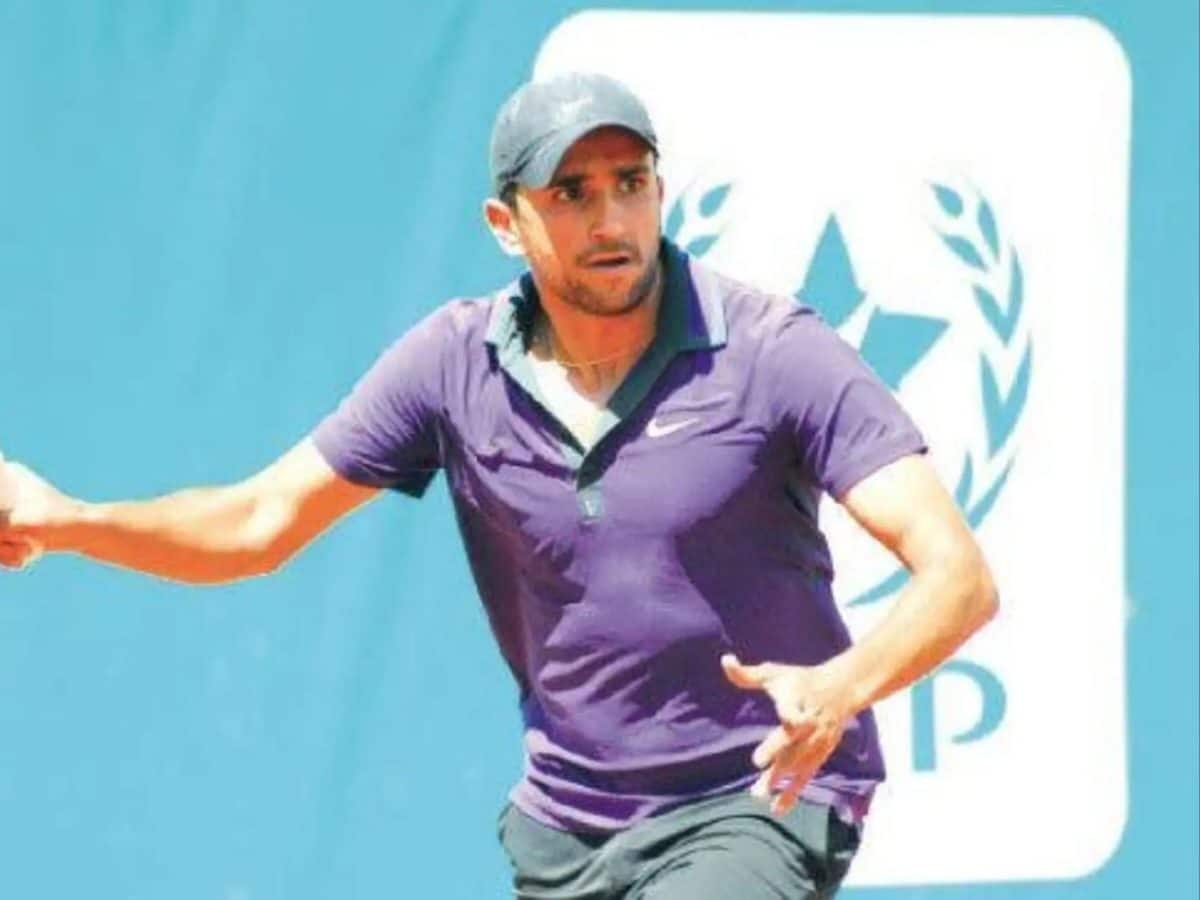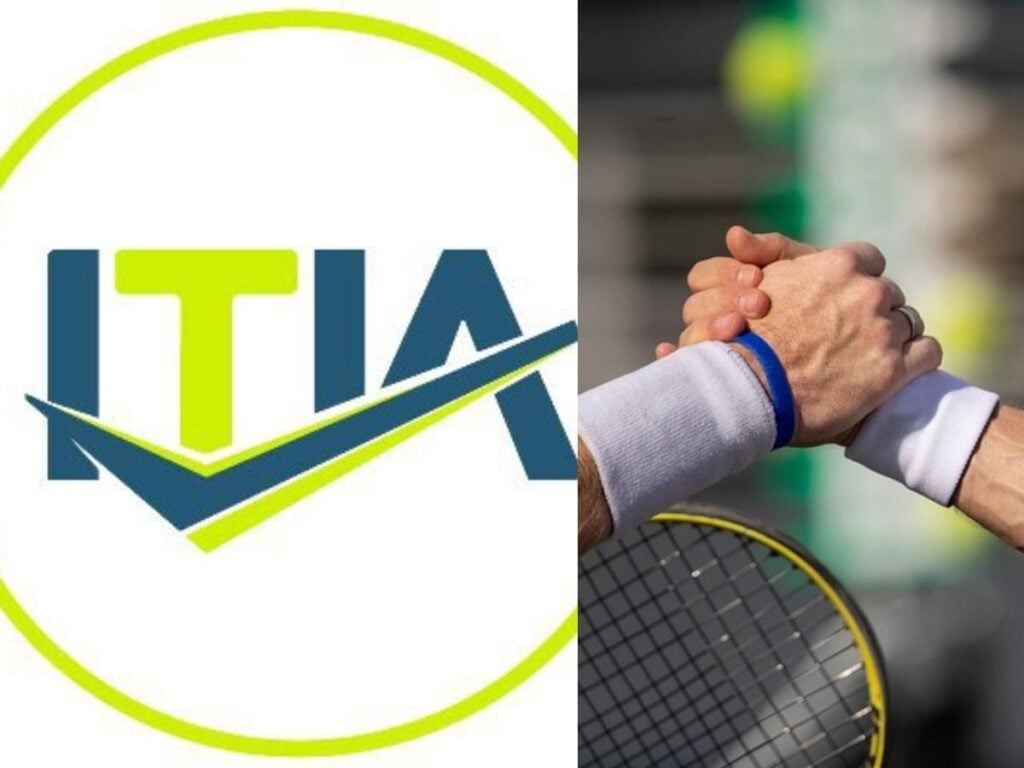135 match-fixing offences later Younes Rachidi hit with a life ban from tennis
The former Morocco player hasn't played on tour since 2017 and will finish his career in disgrace

Younes Rachidi
🔍 Explore this post with:
A stunning case has caught the tennis world by storm. The announcement by the International Tennis Integrity Agency that Younes Rachidi, a former Moroccan player, has been banned from tennis for life after he was found guilty of match-fixing 135 matches was a surprise to fans and players alike.
The 36-year-old Rachidi was involved in fixing with two Algerian players who were also recently banned by the ITIA. He was asked to pay a $34,000 fine in addition to the lifetime ban. He is now not allowed to play, coach, or even attend any event held by the governing bodies of tennis. Rachidi broke five clauses of the anti-corruption programme multiple times. He was also found to have benefited financially from these breaches and hence fined.
An ITIA sanction notice stated: “The International Tennis Integrity Agency (ITIA) has today confirmed that Younes Rachidi, a Moroccan former tennis player, has been banned from the sport for life after being found guilty of 135 match-fixing offences. This is now the highest number of offences by one individual ever detected by the ITIA or its predecessor the Tennis Integrity Unit.”
Rachidi didn’t have a very successful career at the top. He reached the highest rank of 473 in doubles and 753 in singles. He never qualified for a Grand Slam tournament. Rachidi also hasn’t played on tour since 2017. His career will now end with this ruling. He is not the first person to be found guilty on these charges but has been convinced of the most sizable number of them so far.
Related: Taylor Fritz expresses his concern over growing absence of Reilly Opelka from the Tour
ITIA’s role in world tennis before Younes Rachidi case reveal

The International Tennis Integrity Agency was founded in 2021 by the tennis governing bodies. They have been investigating and taking action on individuals such as Rachidi who are suspected of breaking the rules to benefit personally.
The organisation is very proactive and hands out punishments on a regular. Their jurisdiction extends to coaches and umpires as well as players. Most charges have been given based on corruption and failure to cooperate with the investigation. A ruling like the Rachidi case is unprecedented, however.
The ITIA have charged multiple players and given them long but definite bans. They were most recently in the news for investigating ‘persons of interest’ at the Australian Open.
Incase you missed:
Stefanos Tsitsipas parts ways with Patrick Mouratoglou over reports of more focus on younger rival







